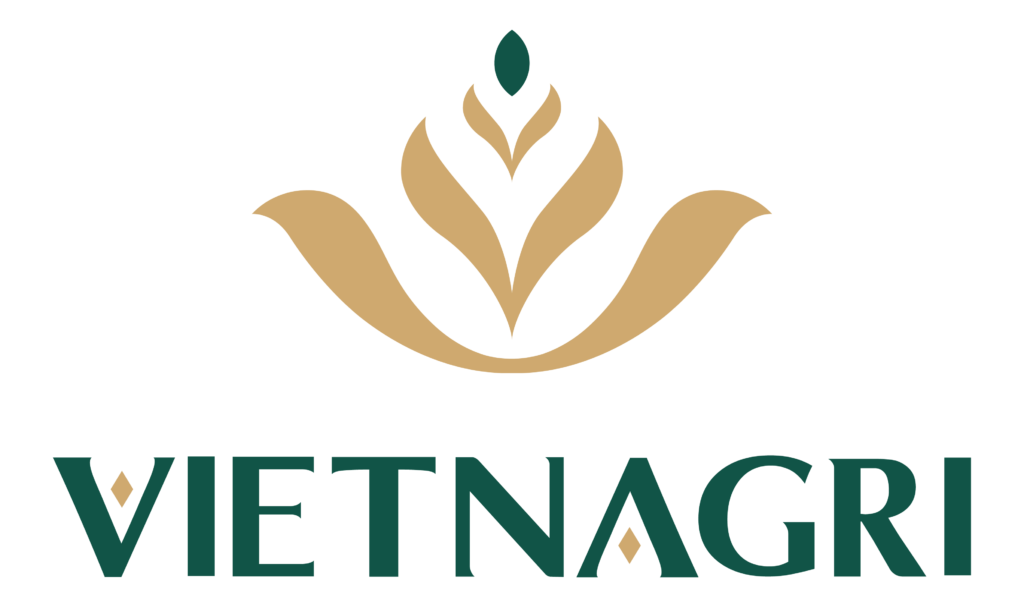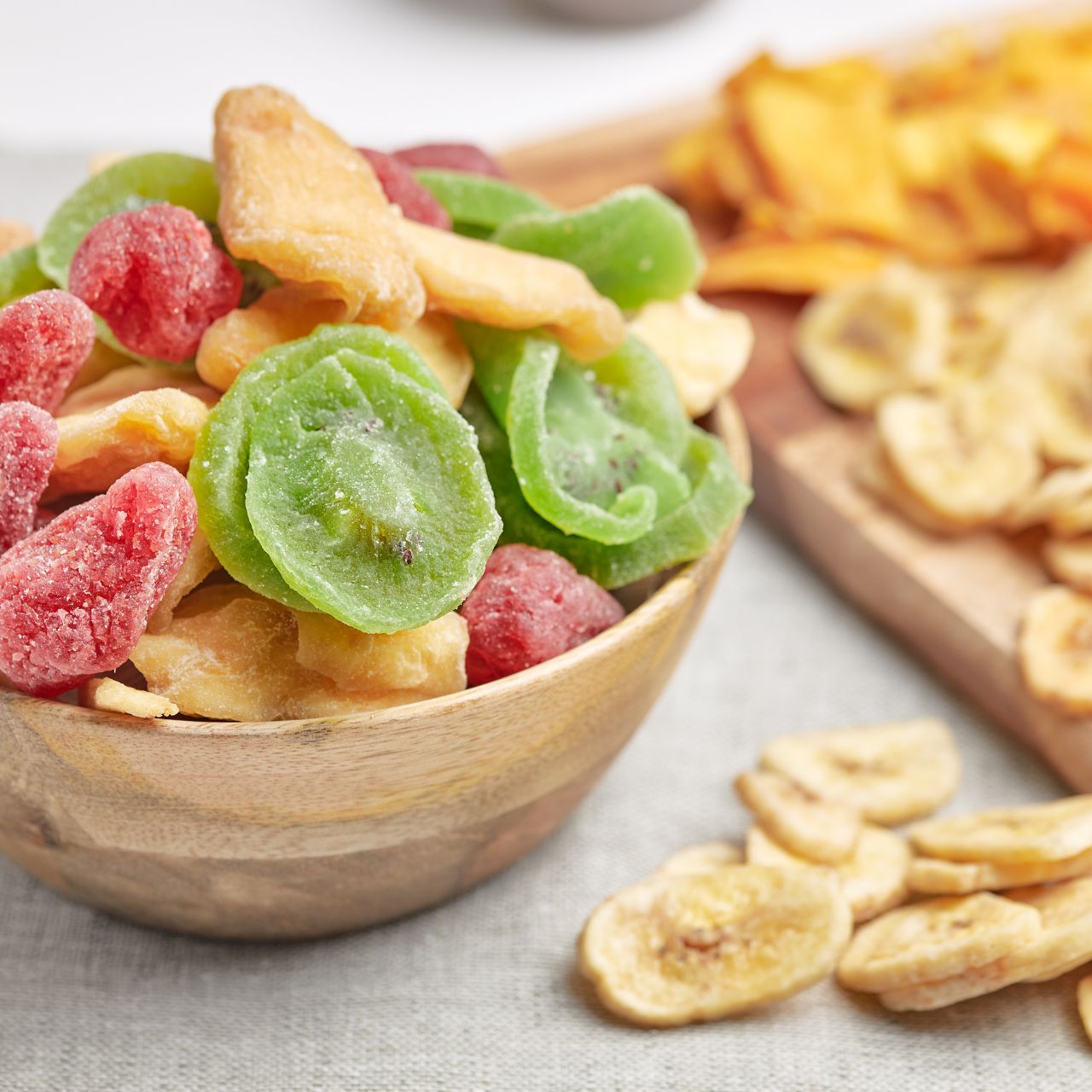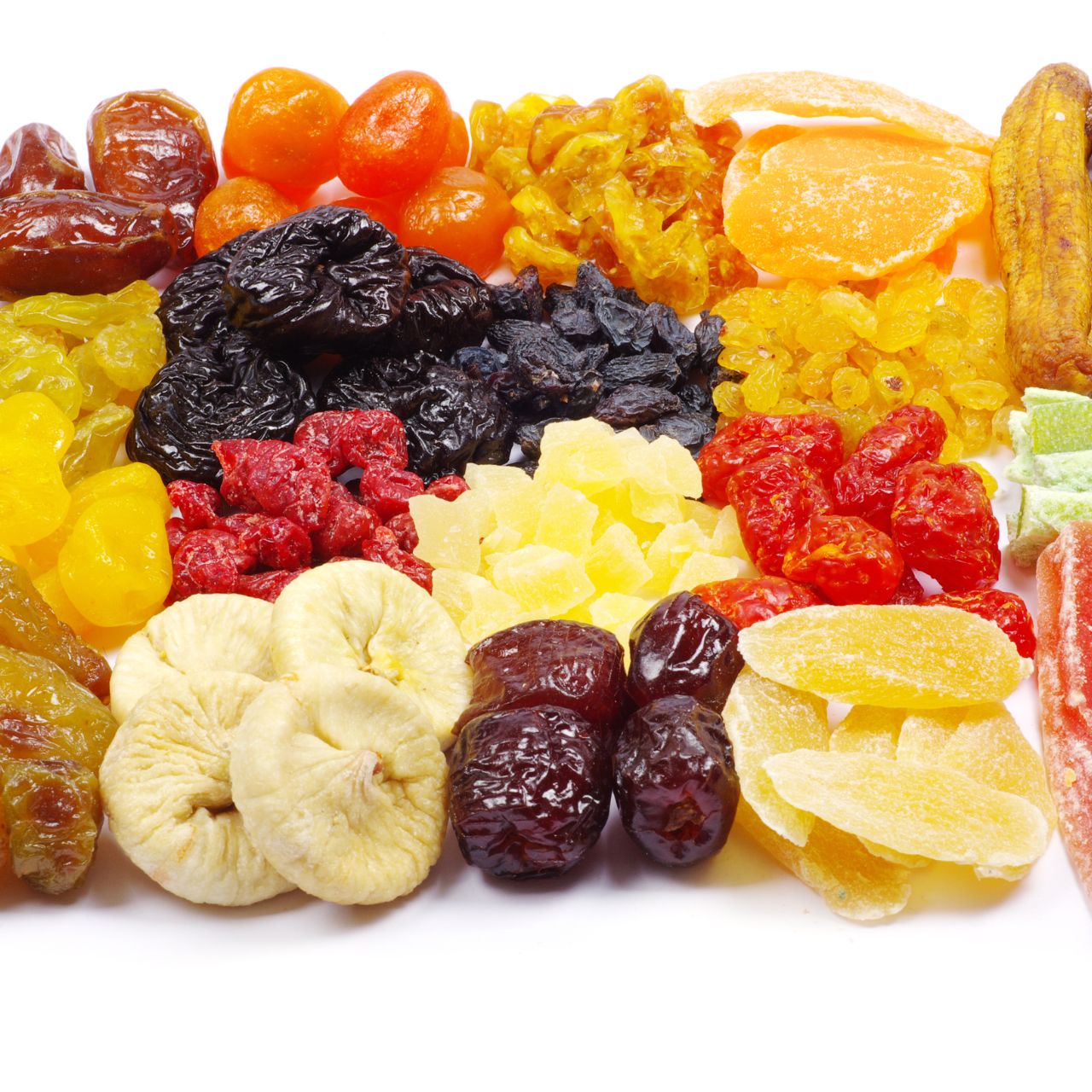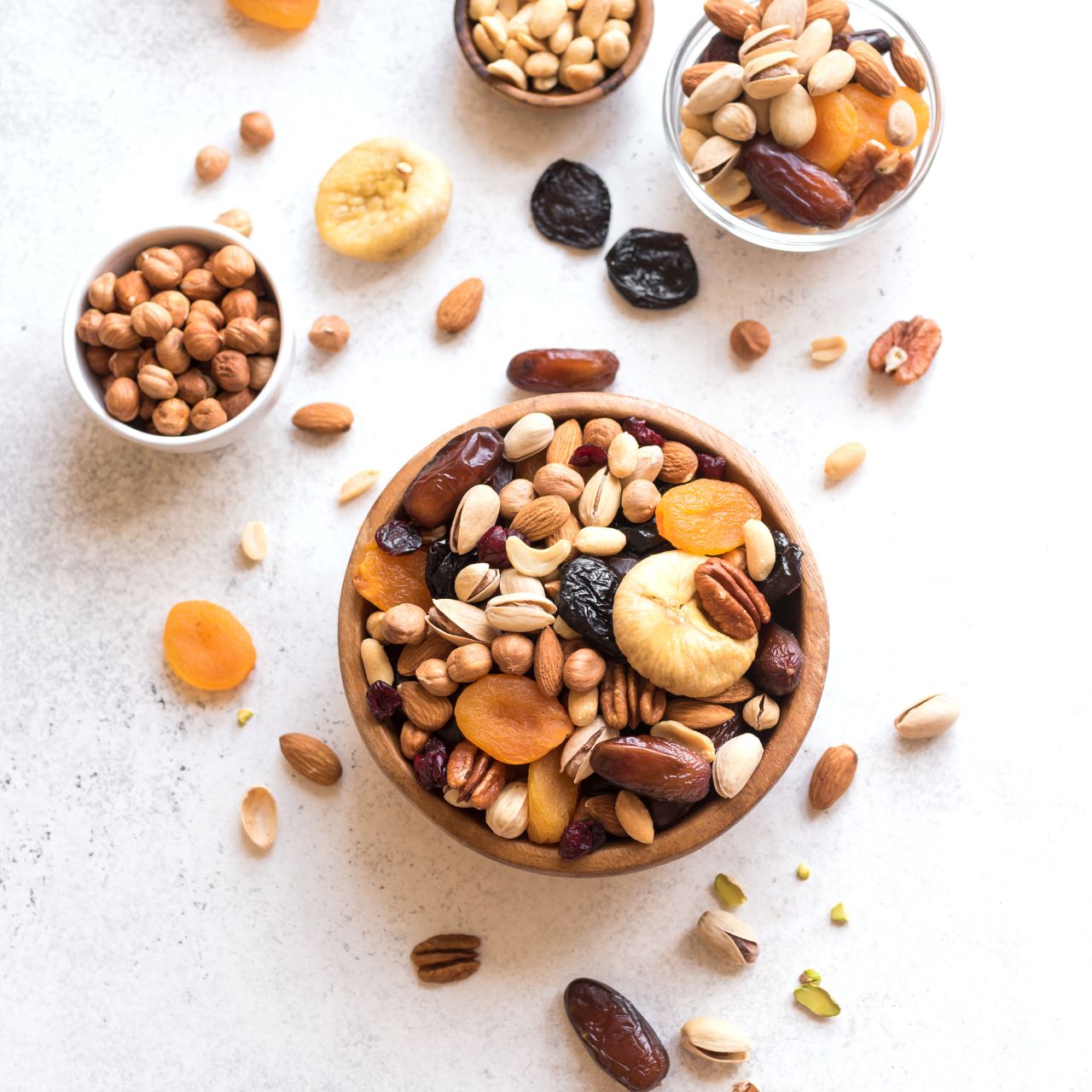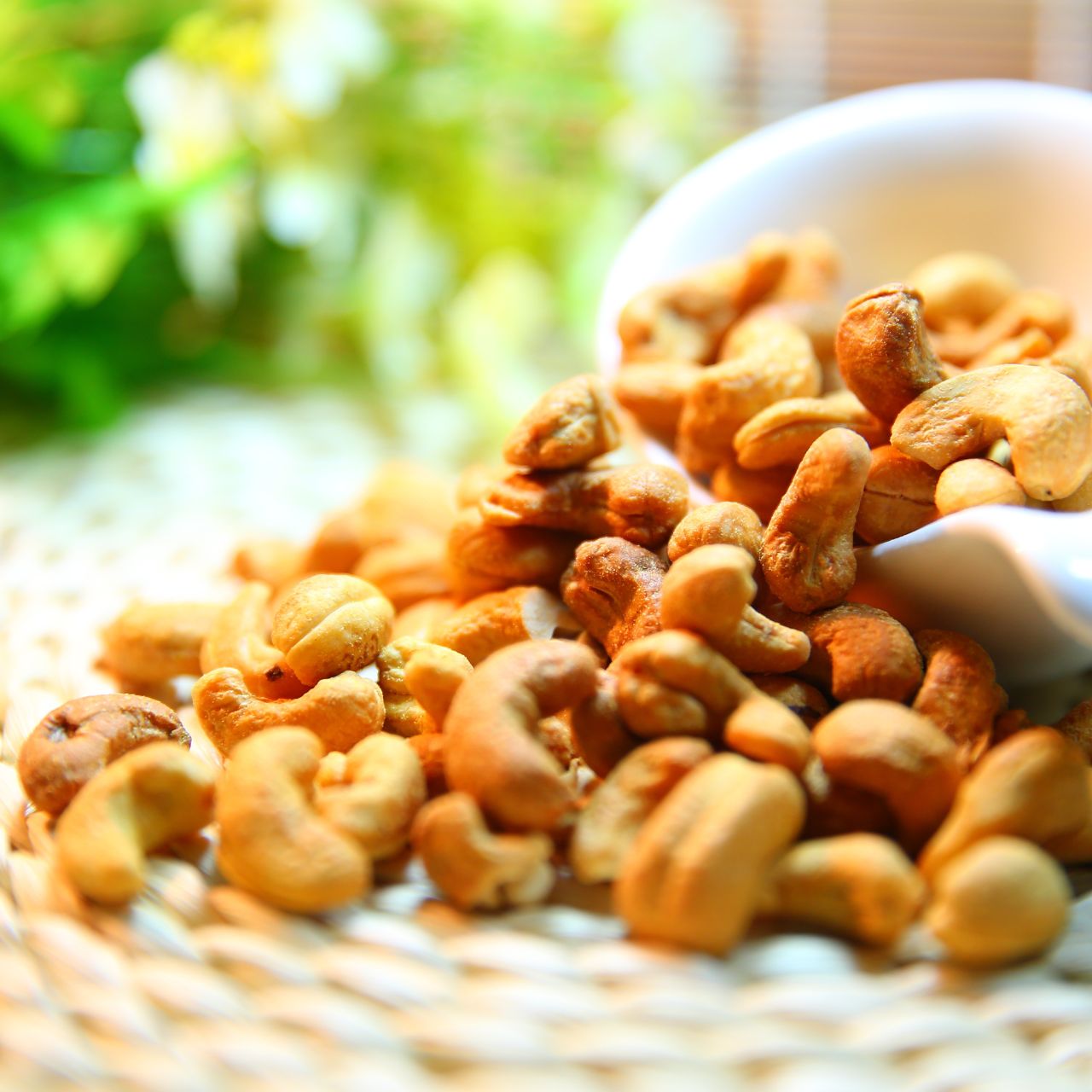1. What are nutritional seeds?
Nutritional seeds are seeds that originate from nature and are rich in nutrients, providing numerous health benefits.
These seeds provide high levels of nutrients, including fiber, energy, protein, essential minerals such as potassium, calcium, and magnesium, antioxidants, and especially healthy fats. Plant-based ingredients help balance nutrition in the body.
When you eat nutritious seeds, these healthy fats help you feel full longer, control your appetite, and thereby reduce the risk of obesity.

2. Unexpected uses of nutritional seeds:
Nutritious seeds not only have a delicious taste but also offer many surprising benefits for the body. Here are 7 uses of nutritional seeds that you may not know:
- Strengthen the Body’s Immune System: Nutritious seeds are a “treasure trove” of micronutrients and minerals, helping to strengthen the immune system. Substances such as zinc, selenium, vitamin B6, and vitamin E play an important role in protecting the body from disease and infection.
- Beneficial for the Heart and Brain, Reducing the Risk of Heart Disease: Most nutritional seeds contain magnesium, vitamin E, and good fiber, which help optimize metabolism, balance heart rate, and reduce the risk of stroke.
- Effective Weight Loss Support: Nutritious seeds are an important part of a weight loss diet. They are high in fiber and protein, which creates a feeling of fullness longer and reduces cravings. By replacing high-calorie foods with nutritious seeds, you can reduce your calorie intake and effectively achieve your weight loss goals.
- Good for Children’s Brain Development: Nutritious seeds are an important source of nutrients for children’s development. They contain many essential nutrients such as protein, fiber, vitamins, and minerals. Adding nutritious seeds to a child’s diet helps provide important nutritional elements for comprehensive development of the body and brain.
- Improves Milk Production for New Mothers: Using some types of nutritious seeds can help new mothers produce more milk after giving birth. They are rich in protein, fiber, minerals, and omega-3 fatty acids. Including nutritious seeds in the daily diet can help provide nutrition to the mother’s body and increase breast milk production.
- Balance Cholesterol in the Body: Nutritional seeds have an impressive effect on balancing cholesterol and triglyceride levels. Their cholesterol-lowering ability is due to their high content of monounsaturated and polyunsaturated fatty acids.
- Reduce the Risk of Cancer: Nutritional seeds contain many antioxidants such as vitamin E, selenium, and polyphenol compounds. These substances help prevent cell damage, reducing the risk of diseases such as cancer, heart disease, and stroke.

3. Use nutritional seeds properly
3.1 Appropriate time to use nutritional seeds:
Nutritious seeds are often used at the beginning of the day as a breakfast option that provides abundant energy. They are also considered a good afternoon snack.
Nutritious seeds should not be eaten in the evening to avoid excess, unburned calories, which can lead to weight gain.
3.2 How many servings of nutritious seeds per day are enough?
Nutritious seeds are often high in calories, so the recommended daily amount is about 28 grams. This nutritional diet can help users prolong life and reduce the risk of many diseases.
3.3 Who should use nutritional seeds?
Nutritious seeds are an excellent source of natural nutrients for the body. They can be used by many different people for nutritional supplementation and health maintenance. Here are some people who should consider using nutritional seeds:
- People Who Want to Strengthen the Immune System: Nutritious seeds contain antioxidants and B vitamins, which can help strengthen the immune system and protect the body from diseases.
- Vegetarians or People with Special Diets: Nutritious seeds can provide protein and important nutrients for individuals who do not eat meat or are following special diets, such as a low-carb diet.
- People Who Want to Lose Weight: Nutritious seeds are high in fiber, which helps create a feeling of fullness for a longer period. This can aid in weight loss and weight control.
- Gymnasts and Athletes: Seeds contain many nutrients, such as protein, healthy fats, and important minerals. They can help restore muscles and energy after a workout.
Replacing part of your daily diet with nutritious seeds can be a healthy choice. However, if you have any health issues, you should consult your doctor or nutritionist before adding seeds to your daily diet.
